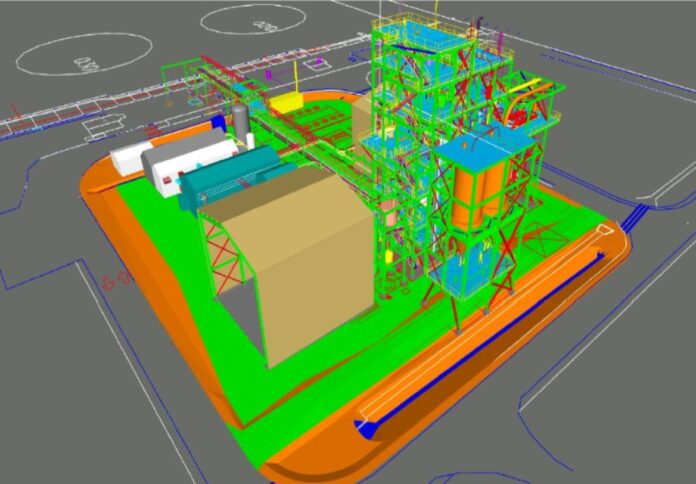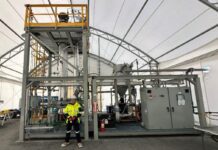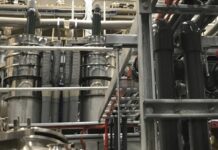
Hazer Group Ltd has officially inked a binding Project Development Agreement (PDA) with FortisBC Energy Inc to spearhead the development of a hydrogen production facility in Canada.
This initiative, set to be established in British Columbia, will leverage Hazer’s technology and boast a production capacity of up to 2,500 tonnes per annum (tpa) of clean hydrogen, accompanied by around 9,500 tpa of Hazer graphite, the company said in a media release.
Upscaling its operations, the firm said this project is 25 times larger than its Commercial Demonstration Plant in Western Australia and represents Hazer’s inaugural commercial-scale initiative to produce low-cost, low-emissions hydrogen and graphite.
FortisBC, a leading Canadian energy utility, will lead the charge in developing the project and supplying the natural gas feedstock, furthering British Columbia’s CleanBC Roadmap to 2030, aimed at reducing emissions in the province.
This agreement builds on Hazer’s recent success with the startup of its Commercial Demonstration Plant in Western Australia earlier this year.
Under the PDA, FortisBC will assume 100 per cent equity ownership and lead the project’s development and operation, while Hazer will serve as the core technology licensor.
This streamlined partnership aligns with Hazer’s ‘capex lite’ business model, mitigating capital expenditure obligations for the company.
Moreover, Hazer will receive license fees determined by a sliding scale model based on facility size, production output, and other pertinent factors.
Notably, Hazer will lead engineering activities related to its core technology components, providing further assurance of project success.
With the completion of the Front-End Engineering and Design (FEED) study, facilitated by Wood Plc, key design elements for the 2,500 tpa plant are in place, paving the way for the project’s advancement into subsequent development phases.
The FEED study, expected to conclude in late 2024, will incorporate feedback from the selection of the project site, with the full integration targeted for completion alongside definitive commercial agreements by early 2025.
Glenn Corrie, CEO and MD of Hazer, expressed his enthusiasm for the collaboration with FortisBC, emphasizing Canada’s strategic significance in deploying Hazer technology.
Corrie remarked, “With the successful start-up and operation of our Commercial Demonstration Plant, this announcement is the next step in Hazer’s commercialisation strategy.”
“FortisBC is the ideal partner to help us on our mission to drive the decarbonisation of hard-to-abate industries utilising our unique climate-technology,” he concluded.

















